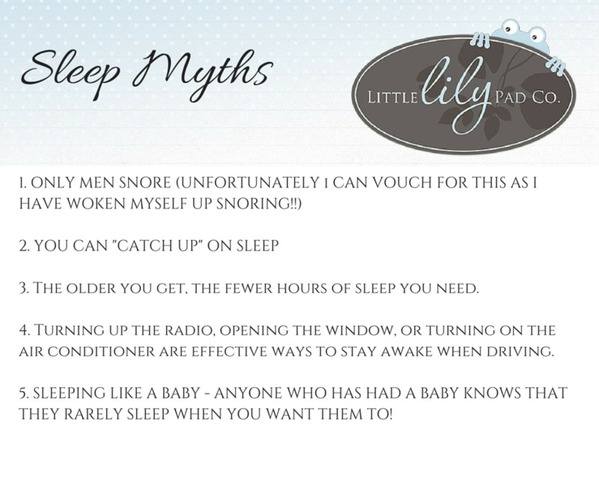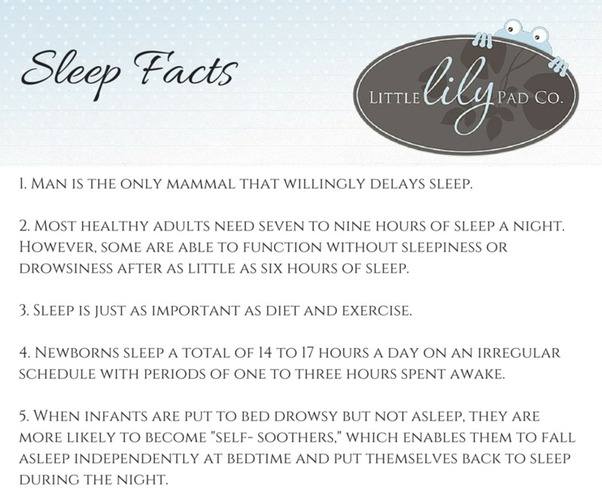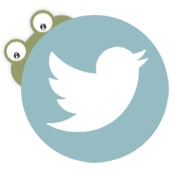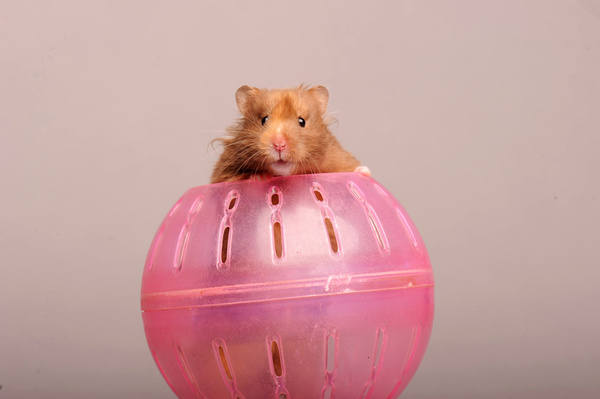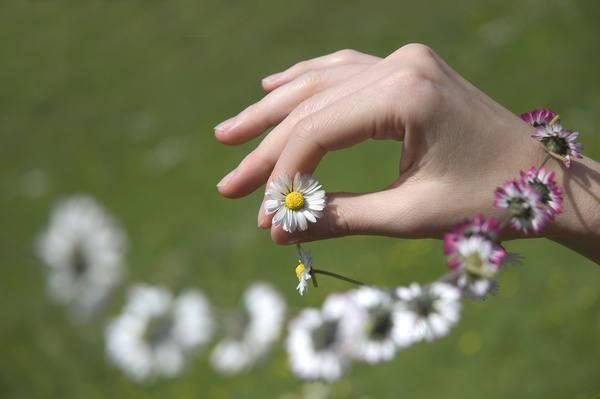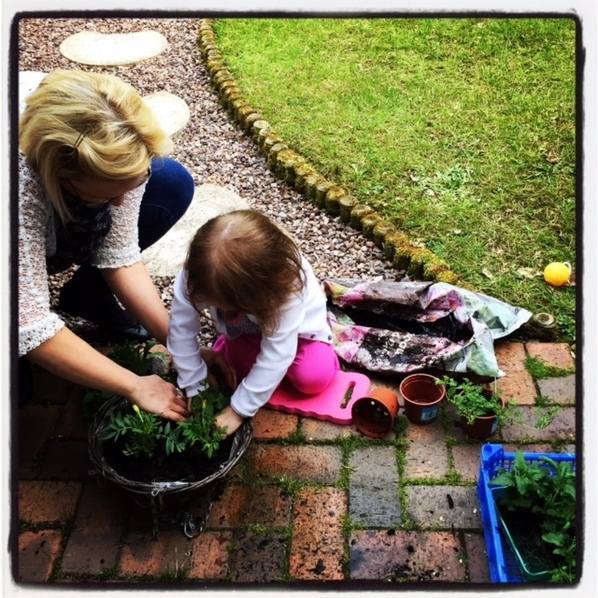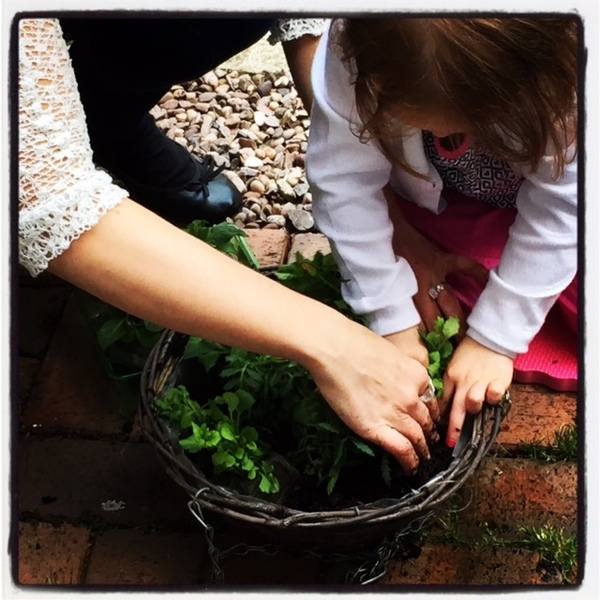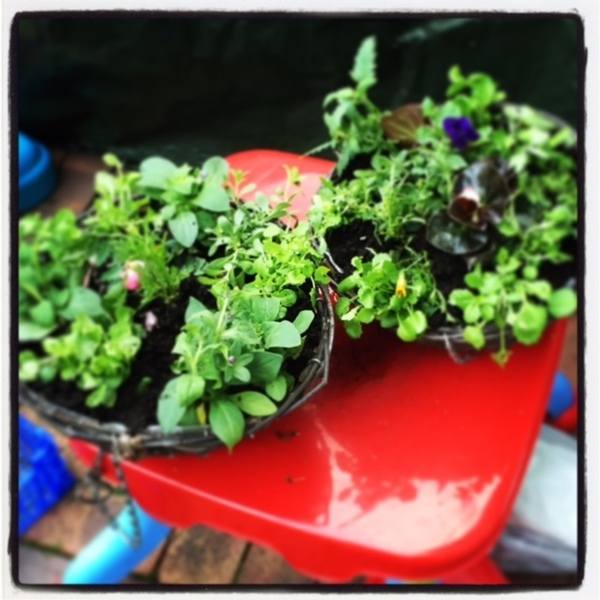My eldest daughter came home from school a week or so ago and casually dropped into conversation that the nurse had been in to see them and was talking about periods. Once I had got over the initial shock, I realised that she is 10 years old and I can ignore it as much as I like but she is growing up and I have to do my best to support her, nuture her and answer her questions as honestly as I can. So between us we came up with the top 10 things she wanted to know.
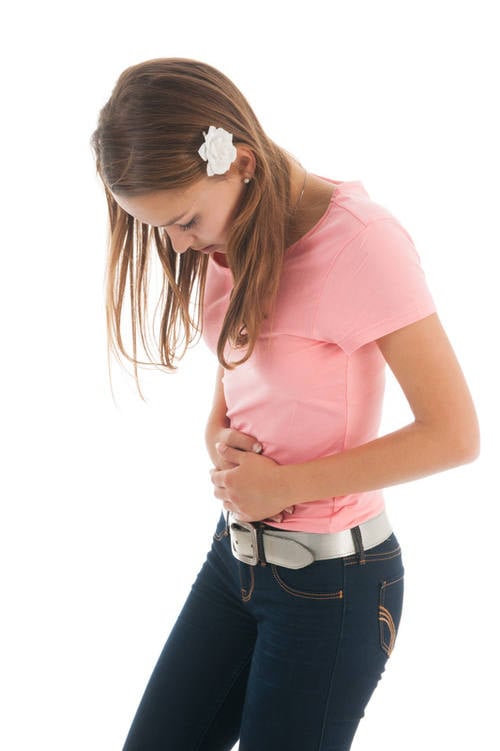
1. Will it hurt?
You might find you get a dull ache for the first day or so. It can be uncomfortable but it soon passes.
2. Will I get one every month?
Once your monthly cycle gets into a routine, you will get a period around every 28 days. In the first few months it is likely that they will be a little less regular but it will eventually even out and you are more aware of your body.
3. Does every girl get them?
Every girl that goes through puberty will get a period. You might find some girls "bragging" about it but in the end, it is something all women go through when their body is ready. Most girls get their first period between 11-14 years old, you could start your period anywhere from 8-17 years old.
4. What happens if my period comes when I am at school?
If your body is changing, it maybe good to keep some tampons or pantiliners discreetly in her bag in case you get your first period while you are not at home. You may even want to keep an extra pair of underwear in her book bag. This will be one of those tips you will appreciate when your period does arrive unexpectantly.
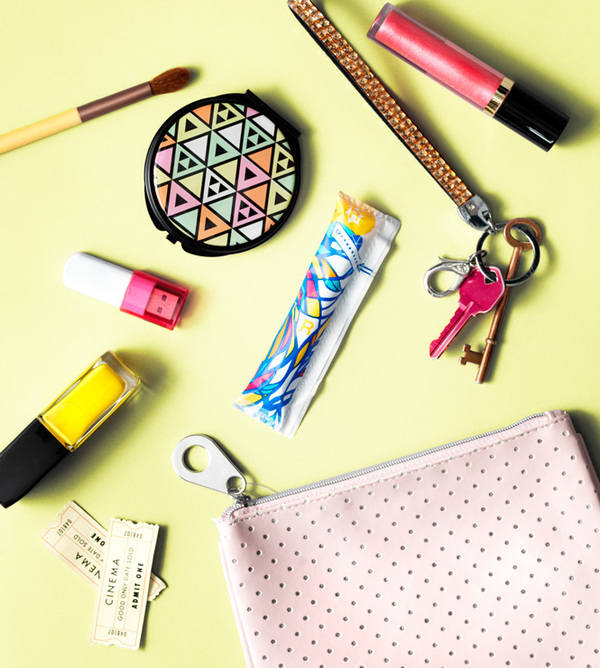
5. Can I still do P.E or swimming when I am on my period?
Yes, as long as you use a tampon, something like the Tampax Compak Pearl is good as they expand width-wise to eliminate the gaps that can cause leaks, and any embarresment. The packaging is pretty cool too! Tampons will also allow you to swim during your period, so nothing is out of bounds! If you are uncomfortable then you can get some simple pain relief, although I always think that a hot water bottle is the first port of call.
6. Will I get my period at the same time as my friends?
No, all girls are different and it is not a race to get yours first. Everyones bodies are different. Celebrate yours for today.
7. Do I have to have time off school?
Not unless you are in real discomfort should you need time off school (Sorry!!)
8. Will anyone else know I am on my period?
You may be a little tired and grumpy and possibly your skin might have an outbreak of spots but this is typical of most tweens and teens so unless you tell people, there is no reason for anyone else to know.
9. How long will it last?
A normal period should be between three and five days, sometimes as long as a week but you will get used to your own body as the months go on.
10. Will I have them forever?
The menopause, sometimes referred to as the "change of life", is the end of menstruation. This is where a woman's ovaries stop producing an egg every four weeks. She no longer has monthly periods and is unlikely to get pregnant. In the UK, 51 is the average age for a woman to reach the menopause, although some women can experience the menopause in their 30s or 40s.

Things to Look Out For
Mums can answer most questions but you should seek medical advice if you:
- Are 16 and haven’t gotten your period yet.
-
Get periods that last longer than seven days for three cycles.
-
Experience a dramatic change from your typical periods.
-
Miss your period for six months straight.
-
Are passing large clots.
-
Are soaking through your tampon or pad hourly for two or more hours.
-
Are bleeding between menstrual periods.
-
Have pelvic pain for longer than a day that seems unrelated to your period.
There is a lot of information on the internet, so sometimes you can feel a little frazzled by it all but we are pleased to be able to share some great content from Dr Radha Modgil for you:
Mum’s Period Questions Answered by Dr Radha Modgil
“Puberty can be a scary time for your daughter, but it can be a stressful time for mum as well! You’re watching your little girl grow up and you want to be there to support and guide her and most importantly to answer any of her questions. To help you feel empowered with all the information you need to reassure her at this confusing time, I’ve pulled together some answers to some of those big questions that you and your daughter might have.”
1. When is the best time to talk to my daughter about periods?
It’s a great idea to split up this conversation into little chunks over time rather than having ‘the big chat,’ which can make some girls feel uncomfortable. Periods tend to start about 2.5 years after breast development begins and 1 year after their growth spurt. These signs can be useful in knowing roughly when you should start to think about talking to them about periods so that they are ready. This time will vary from person to person. The average age to start your period is 12 years old, but it can vary from 8 to 16 years old, so the best advice is to know your daughter as an individual. The really important thing is to let her know you are there and easy to chat to, without judgement or worry.
2. How would you recommend I bring up the topic with her? Do you have any tips for parents who feel embarrassed about broaching the topic with their daughters?
It is understandable that some parents feel worried about how or when to talk to their daughter. Remember why you want to talk to her. You want her to be prepared so she isn’t confused or scared, and doesn’t feel alone. This should help you in getting over any worries or embarrassment. If you feel embarrassed she is likely to feel the same, or worse! Get yourself some information that you can share with her to help the chat, you could use this Puberty Education Booklet for Girls [link], or a website. Pick a quiet time when you are alone and approach the subject sensitively. Tell her that you want to chat, even though she might feel embarrassed because you care and you want to empower her. Offer the option of talking things through or give her the choice of reading the leaflet in private if she feels more comfortable - and respect her decision. Put the offer to her of you buying her some pads to have in case she needs them. Leave it with her and check back with her in a few days. The most important thing is to let her know that you are always there for her to chat to no matter what it is about.
3. What will happen when she gets her first period?
She may get breast tenderness just before she starts her period and get slightly more emotional. When her period starts she may feel some lower tummy cramps. Emotionally she may feel confused, shocked and vulnerable. It is really important to support her at this time. Give her emotional support and explain what these changes are and that they’re something to celebrate and not be afraid of. Make sure you give her some pads and help her with how to use them, and talk about tampons as another option for the future. Make a date to take her out and do something nice together.
4. How long will it take before her periods become regular?
This can vary but normally periods do become regular about a year or just over a year after she starts. If they continue to be irregular after this, or are very irregular, then it is a good idea to see her GP.
5. Will she experience PMS when she starts her period?
She may do. It is difficult to know who will be affected by the changes in hormone levels, by how much or when. It is great to let her know about possible PMS symptoms and that she can help herself by exercising, eating well, sleeping well and dealing with stress in a healthy way. Let her know you understand and that if she ever feels emotional, sad or anxious you are there for her. If the symptoms become too much, then you can go with her to see the GP, who can help.
